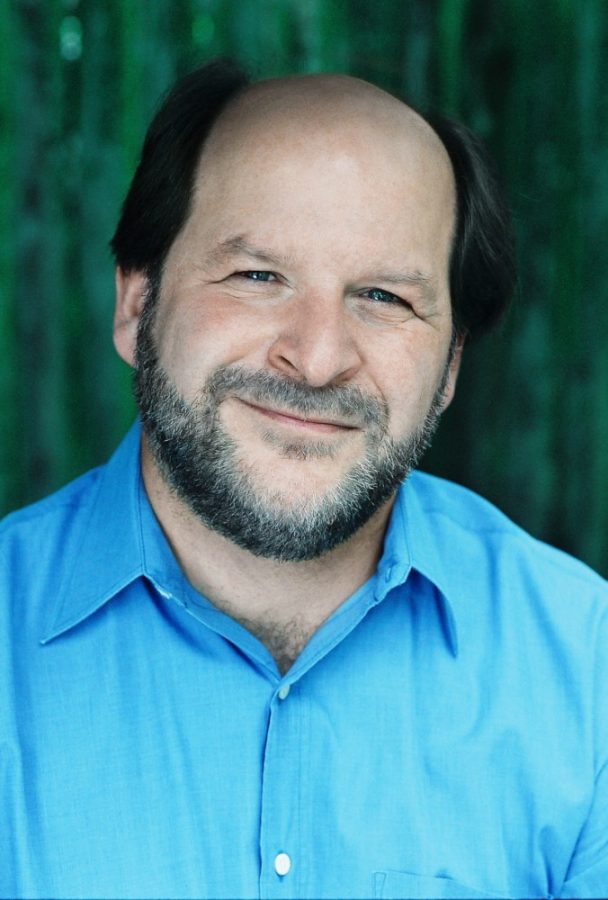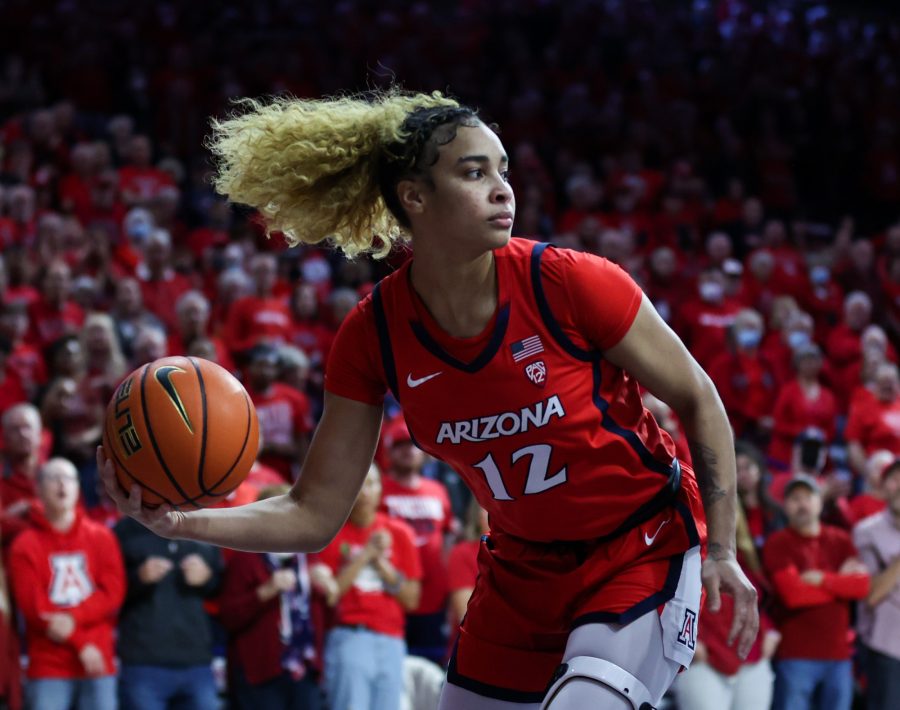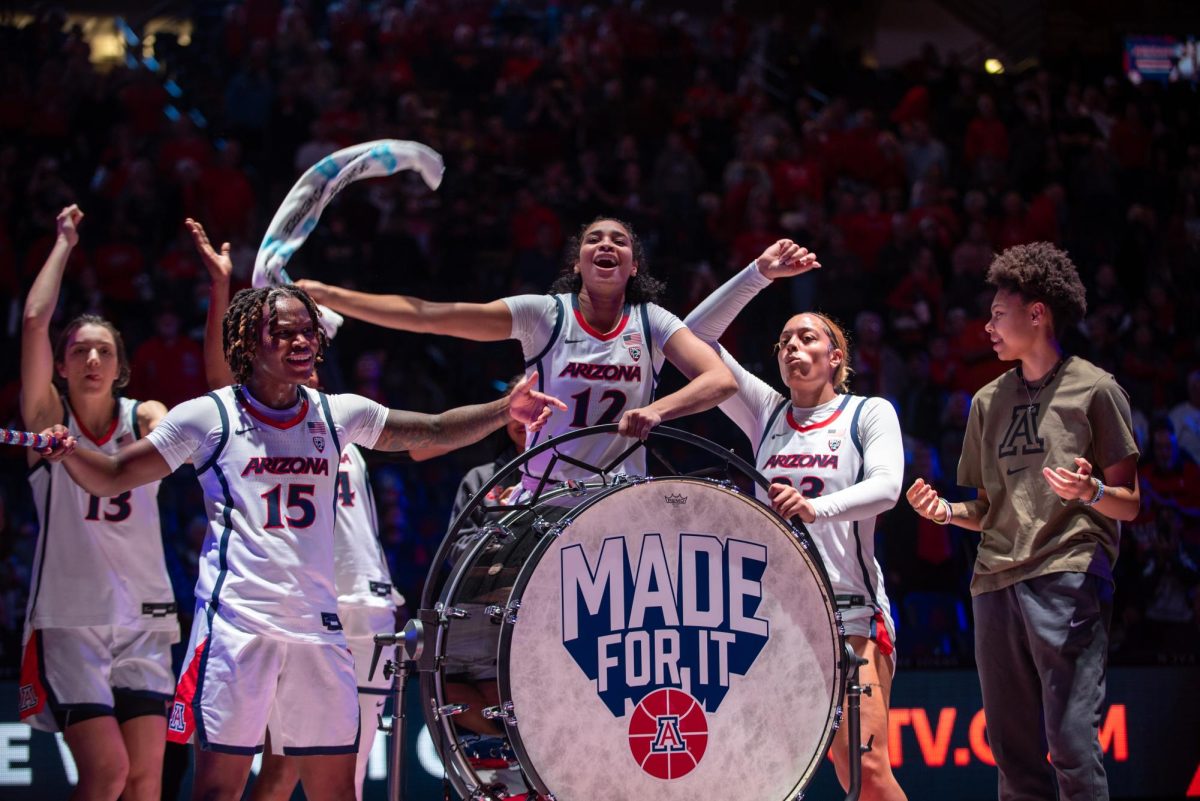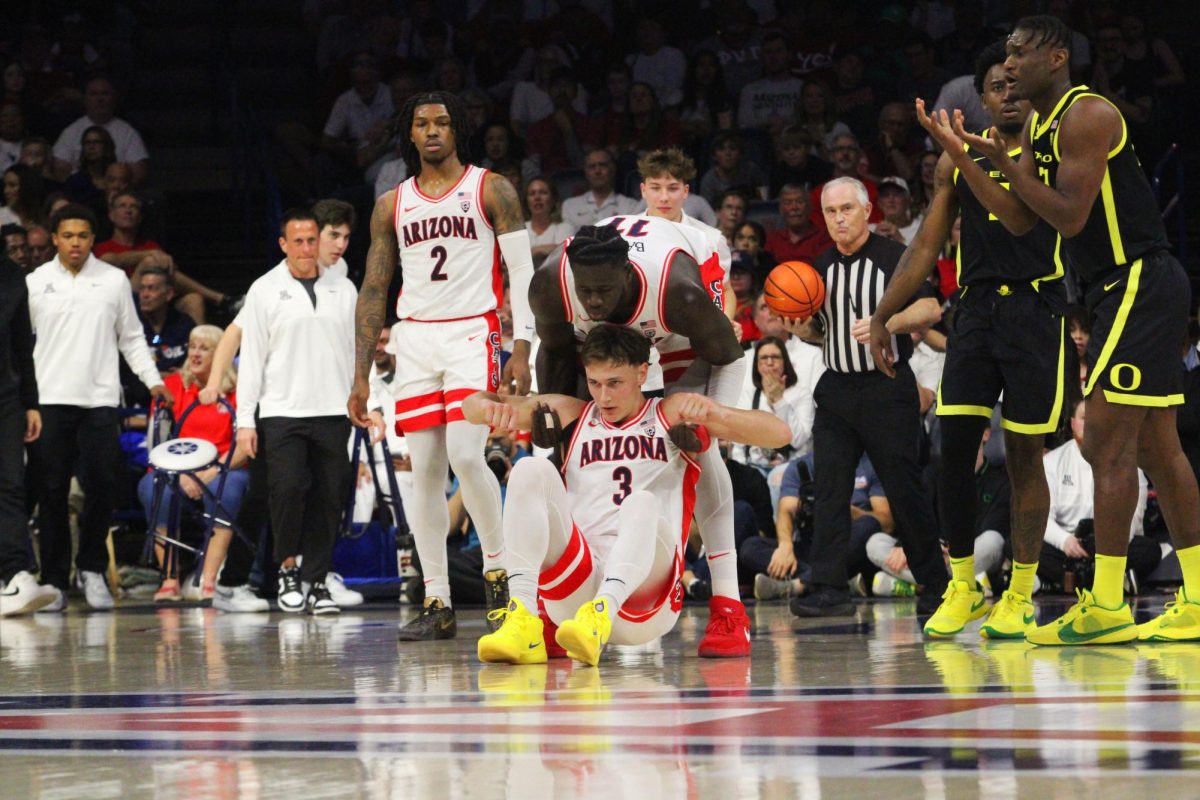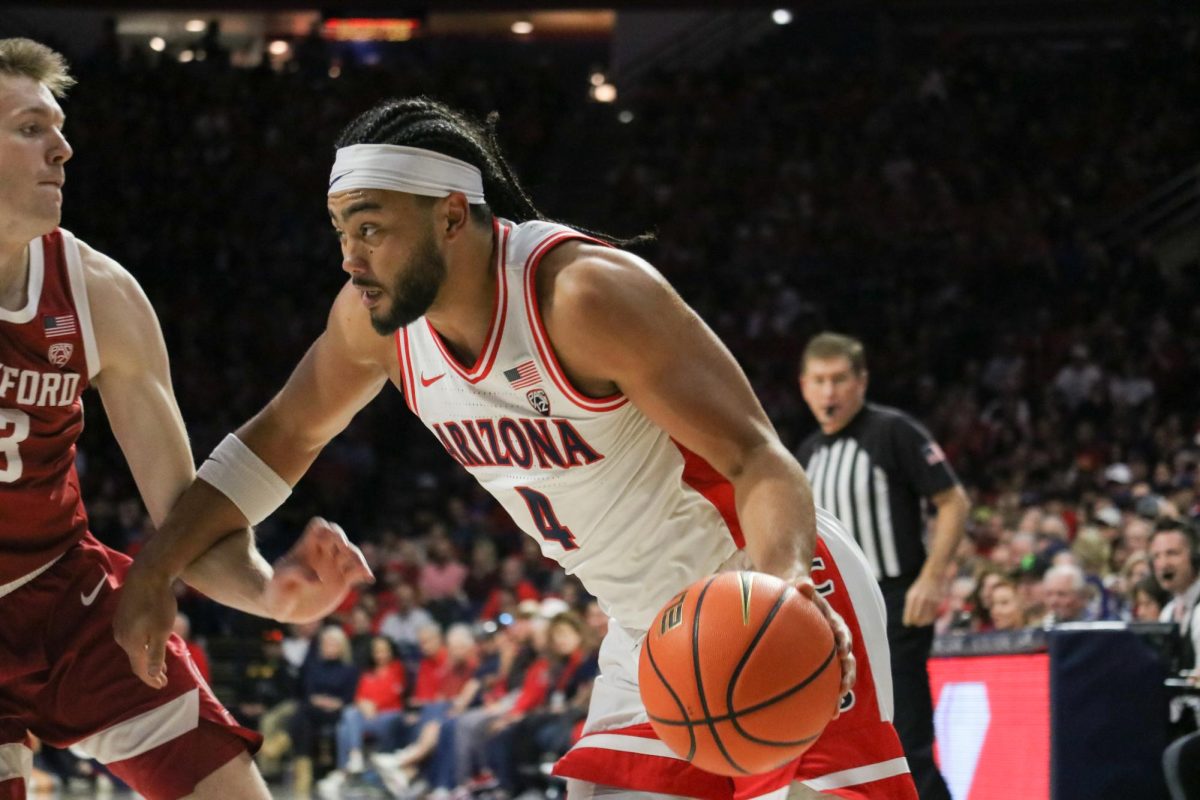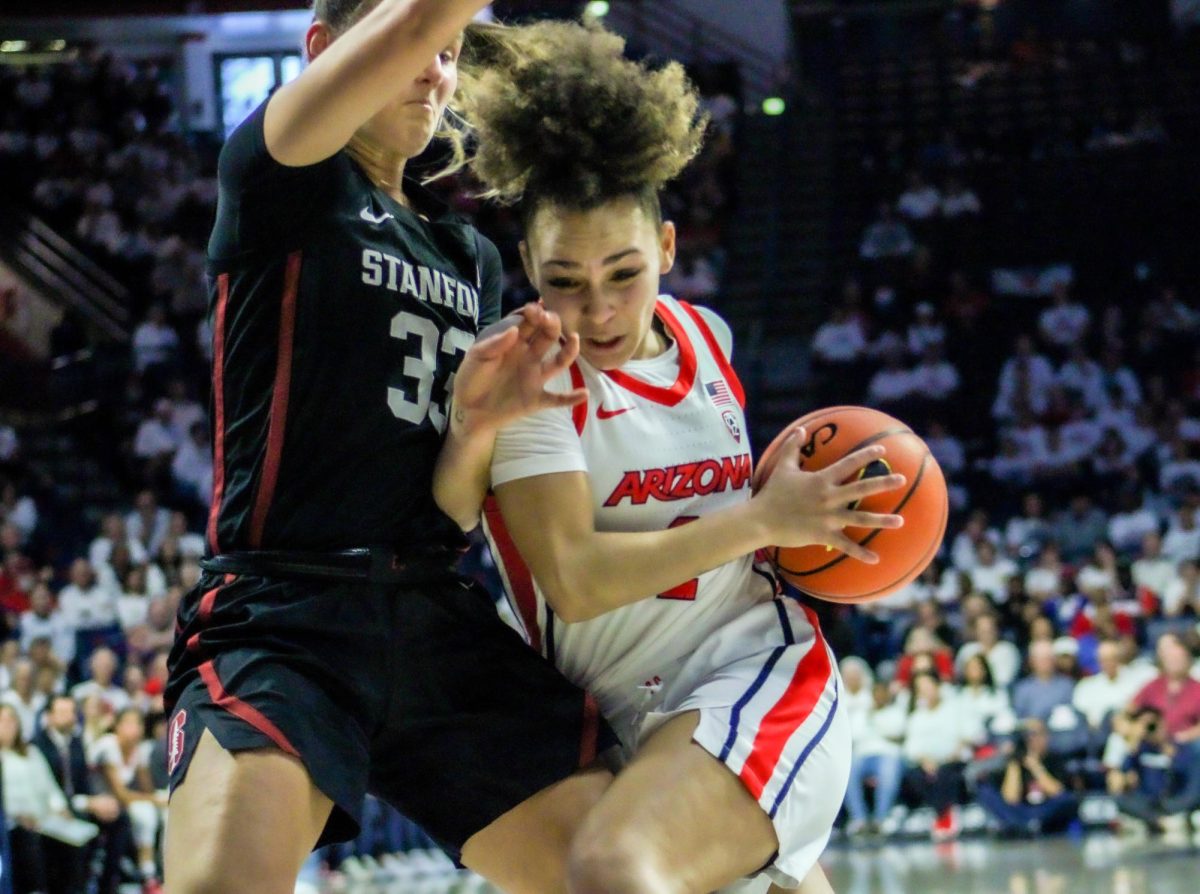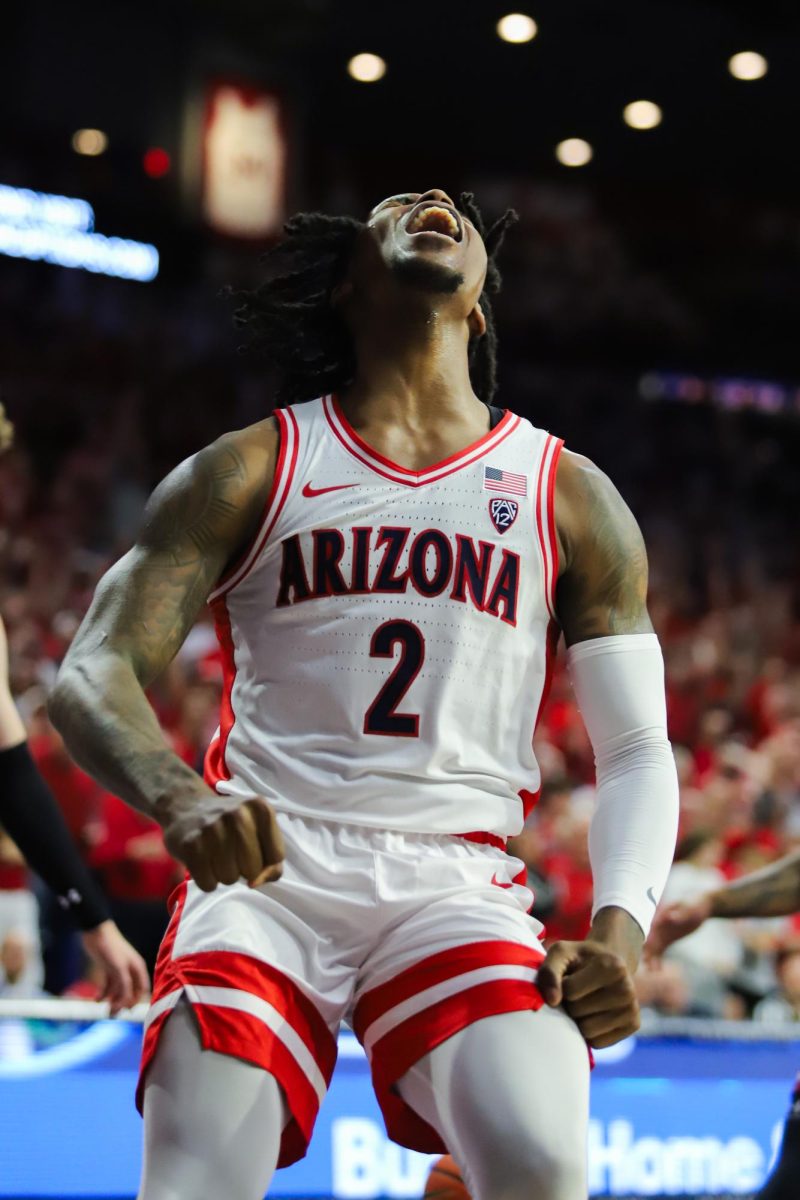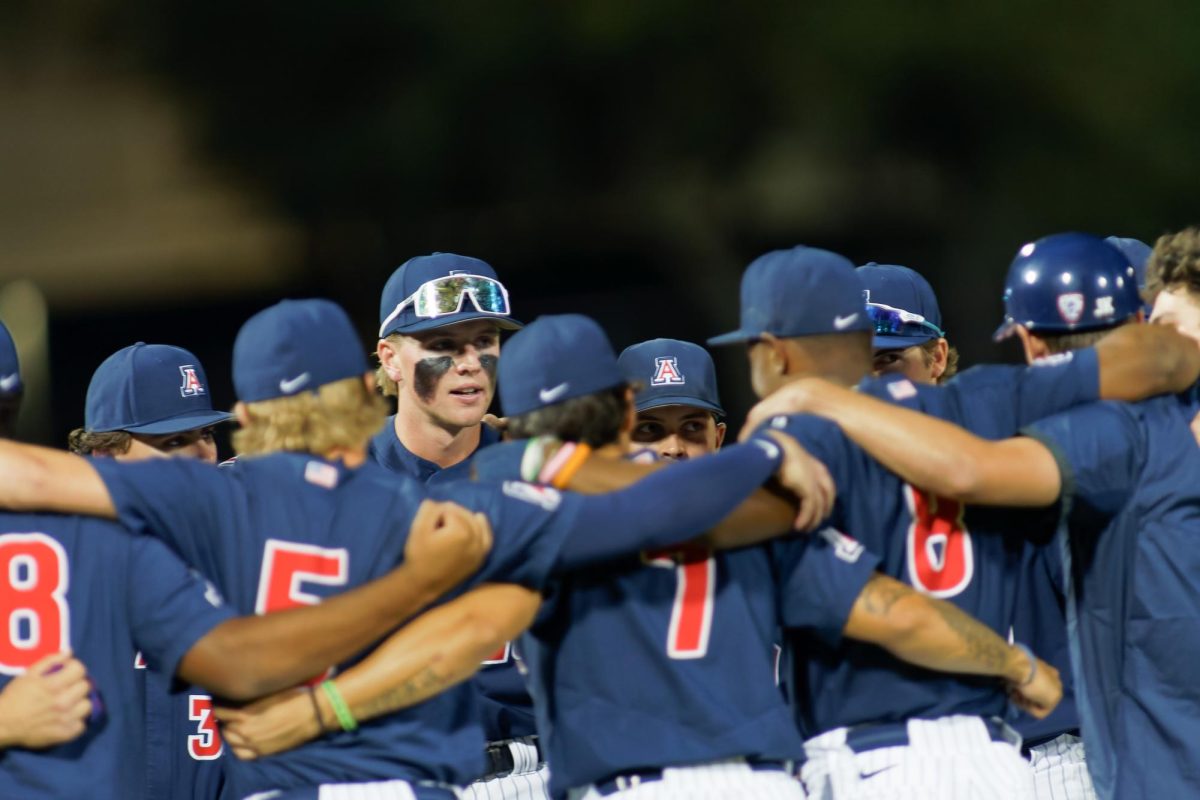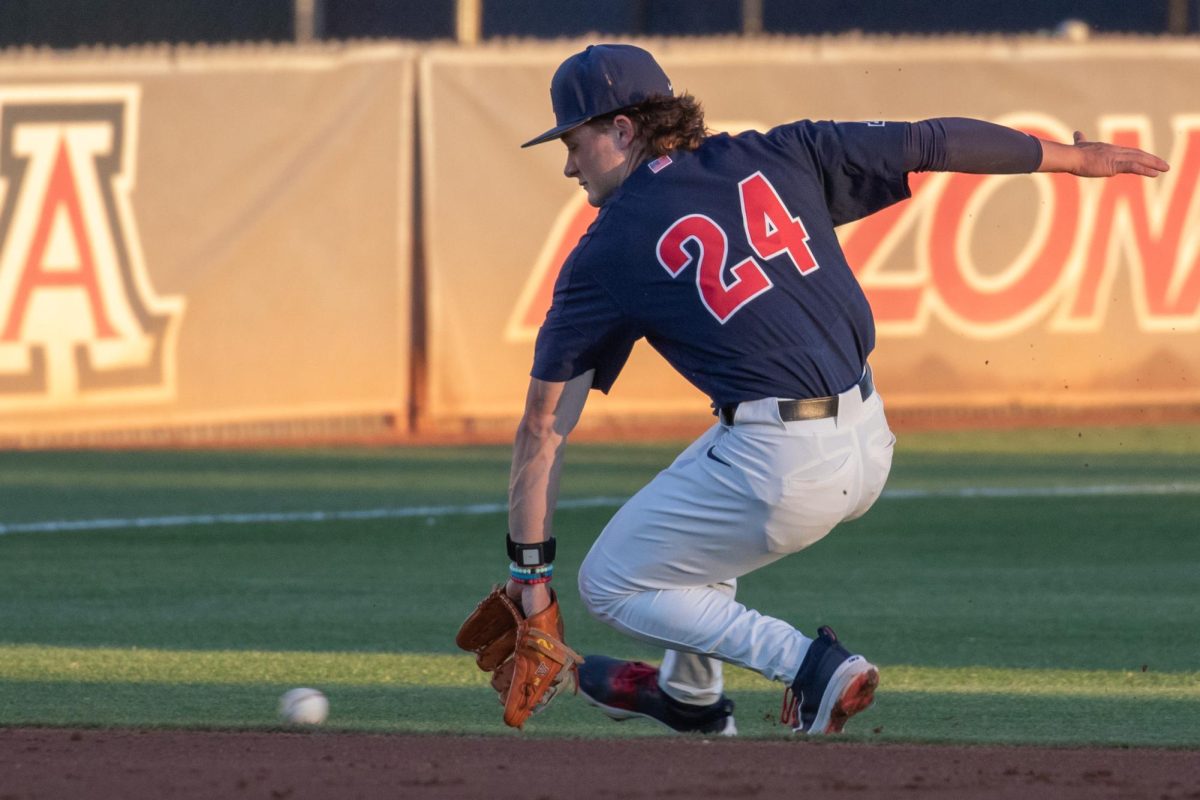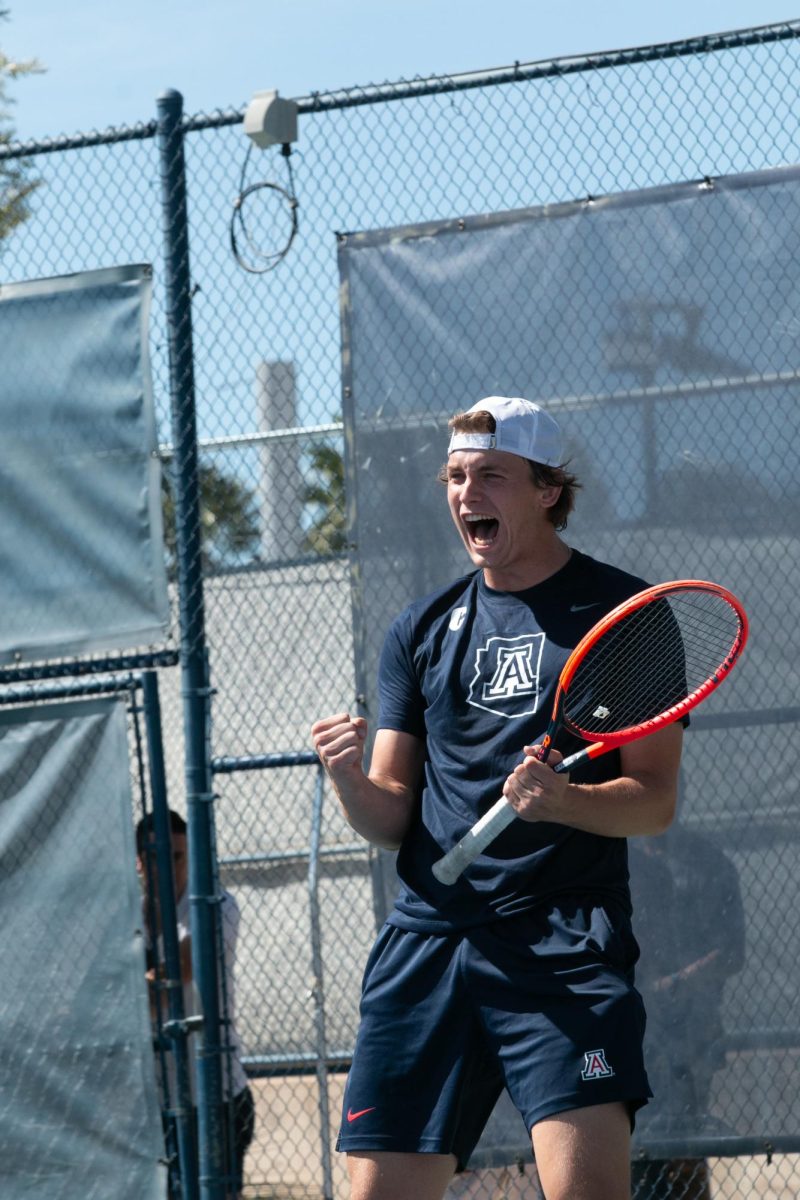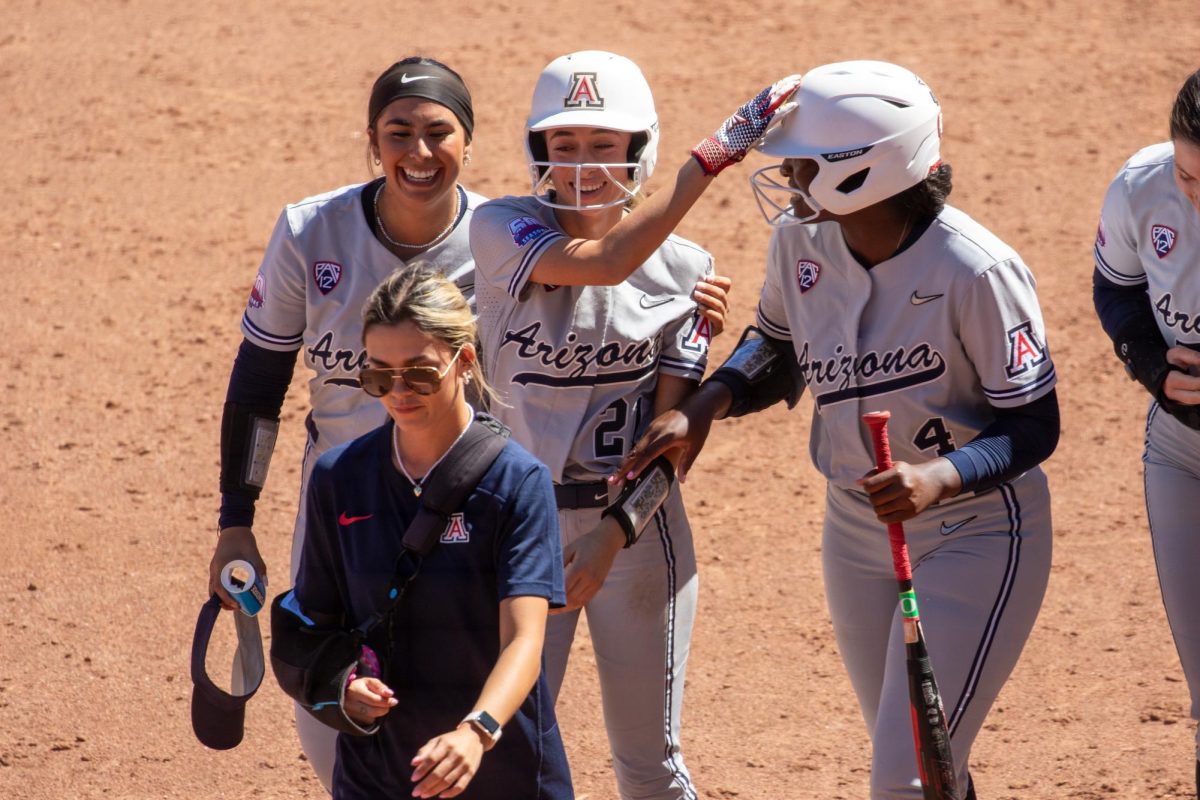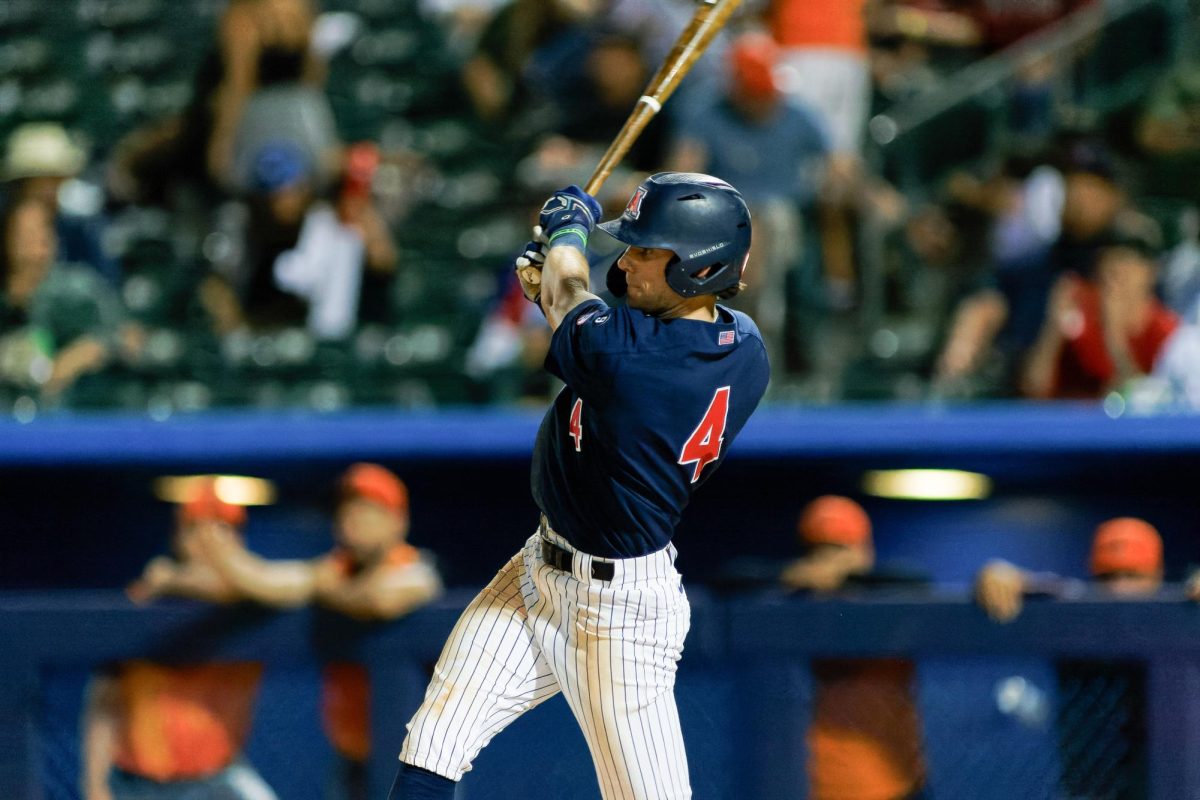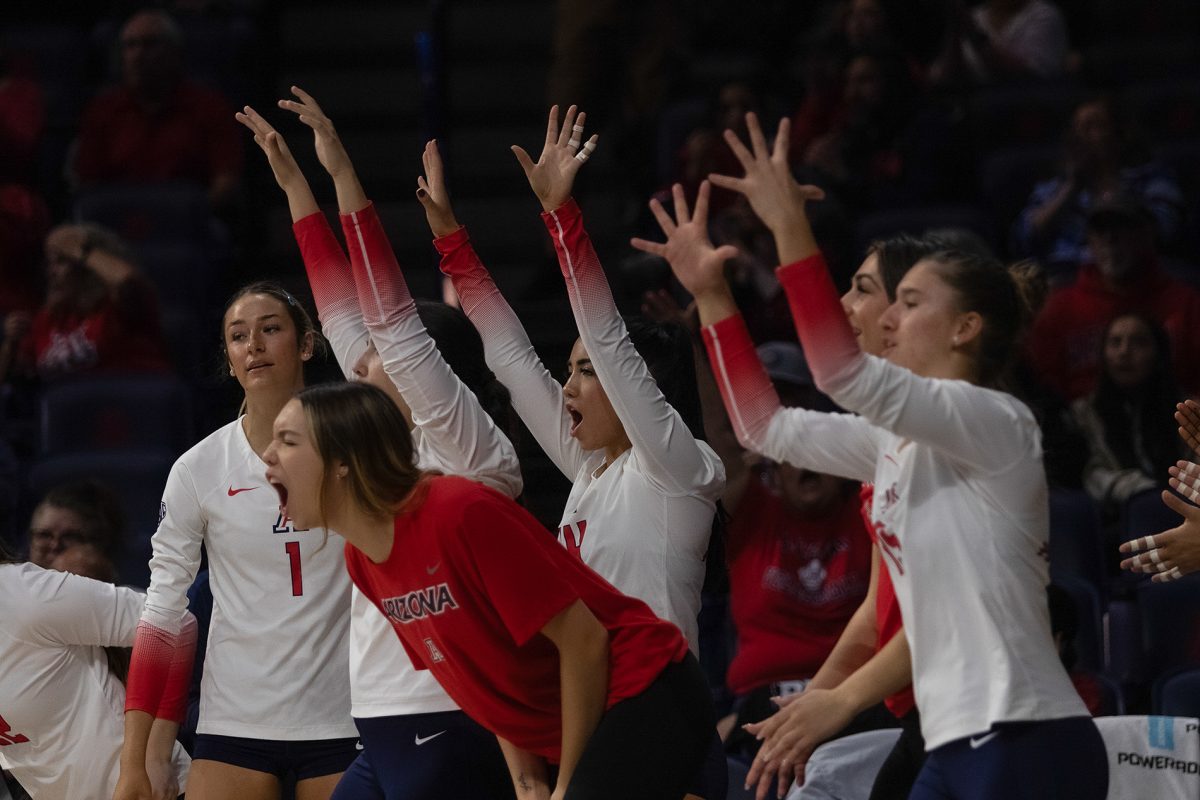Few college basketball programs across the country have had an experience quite like the Arizona men’s basketball program over the past couple of seasons. The University of Louisville, however, is an exception.
Led by now-former head coach Rick Pitino, Louisville was among the most successful programs in college basketball the last decade, making back-to-back Final Fours and winning a National Championship in 2013, which made the legendary Pitino the first coach in NCAA Division I history to win a championship with two different schools (Kentucky in 1996).
The NCAA eventually led an investigation into Pitino and the program, and in June 2017, he was charged with failure to monitor his program due to involvement in a sex-for-pay scandal. Federal prosecutors also announced in September that the school was under investigation for the “pay for play” scandal allegedly involving former Louisville commit and one-time UA target Brian Bowen.
Pitino was placed on unpaid administrative leave and eventually fired Oct. 16, 2017. In all, he was forced to vacate claim 123 wins from 2010-2014, including the 2013 National Championship, the first time ever a title has been vacated.
Acclaimed New York Times Magazine author Michael Sokolove will be on campus for the Tucson Festival of Books March 2-3 and touched on the scandal surrounding Pitino and college athletics in his book, “The Last Temptation of Rick Pitino: A Story of Corruption, Scandal, and the Big Business of College Basketball.” Ahead of the festival, the Daily Wildcat spoke to him about his inspiration for the book, the wide variety of fields he covers as a journalist and if he sees any parallels between the Louisville situation and what is currently happening with the Wildcats.
Daily Wildcat: What was your inspiration for doing the book on Pitino?
Michael Sokolove: Before I set off on a book, I want to know that it has two elements: A story worth telling, meaning that it has some importance and meaning, and compelling characters, both big and small. “The Last Temptation of Rick Pitino” had both of these. The story was about the inequalities of big-time collegiate sports and how it enriches coaches and others while exploiting young athletes and punishing them for misdeeds that really rest with their elders. There was a big character in Rick Pitino, an incredibly gifted and charismatic coach with a sordid history, and some fascinating peripheral characters drawn from the seedy world of hustlers and con men who populate the grassroots basketball scene. The book is about the collision of these worlds, the famous coaches and all these figures in the shadows you never see. And it was not just about Pitino and Louisville, despite the title, it is about the whole world of college basketball.
DW: You’ve covered a wide range of topics, from science to politics and sports. Does one interest you more than the others? Do you approach stories for different topics the same, or do you have different angles?
MS: I don’t have a preference. As a magazine writer and author of nonfiction books, I’ve been very lucky to have been able to go back and forth between subjects and follow my interests wherever they lead. So for instance, I did a book on a remarkable high school drama program in a struggling town (the book was called “Drama High” and was turned into the NBC TV series “Rise”) and then followed it with this one on NCAA basketball, so it keeps things interesting. And no, I don’t have different approaches. My goal is always to immerse in the story, find the characters, do the dense reporting and then write in a way I hope will keep readers turning the pages.
DW: Do you see any parallels between the situation with Pitino and what is going on with Arizona currently?
MS: Yes! Did I say that loudly enough? Yes! One of the main points of the book is that NCAA sports is a fantasy land disconnected from a world in which there are consequences. Sean Miller’s lead assistant coach — meaning his closest associate, his most important staff member, a guy he spent large parts of his day with — was indicted and has pleaded guilty to operating in a corrupt manner and violating the spirit of what a coach should be. He admitted to taking money, bribes, in return for steering players to certain financial advisers. It’s a terrible thing to have done, far worse than simply breaking the NCAA’s often incomprehensible and indefensible recruiting rules. He pimped kids out without their knowledge. Played one kid’s interests against another. All kinds of wheeling and dealing for his own personal financial gain. Three other assistant coaches at major programs were caught on tape doing similar things: two have pleaded guilty, and one awaits trial.
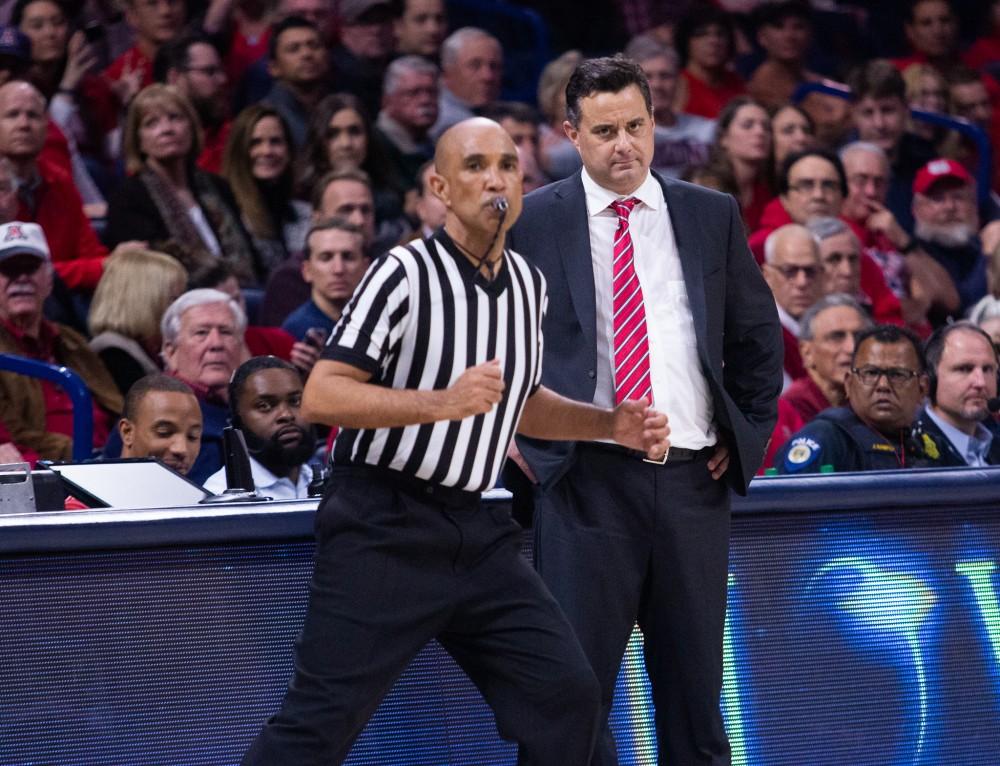
There have been no consequences — none — for Miller or the other head coaches. In the real world, not the fantasy land of college sports, when you are in charge of an enterprise and your top lieutenant brings great shame to it, causing reputational damage and likely financial damage, the likelihood is you lose your job. Even if you did not know what was going on, you are penalized for your poor judgment in hiring and for failing to properly supervise someone who worked right under you. That has not, to this point, happened in the case of Miller or in the case of the coaches at Auburn, USC or Oklahoma State. Pitino was the lone coach fired, and probably only because he already had two other strikes against him — a personal and an institutional scandal that he had previously survived. So who has paid the price? A whole bunch of players who were declared ineligible for taking sums of money that are peanuts compared to the coaches’ multi-million dollar salaries.
DW: A common theme of the book is that everyone is getting rich off of the athletes in the NCAA, except the athletes. Do you see reform for this anytime soon?
MS: Right now, I’d say no, unless the NCAA’s hand is forced in some way. They’ve made some small changes in the recruiting schedule and rules for basketball over the summer, that’s pretty much it. Otherwise, I think that the forces that rule collegiate sports are very much hoping that it all blows over so they can continue on with business as usual.
Follow Mark Lawson on Twitter



